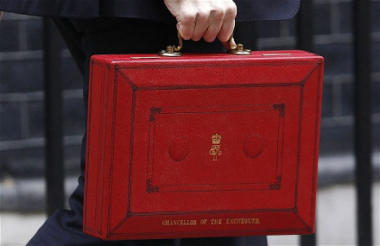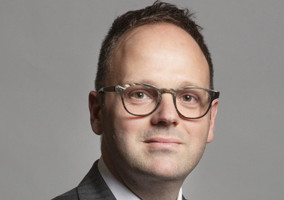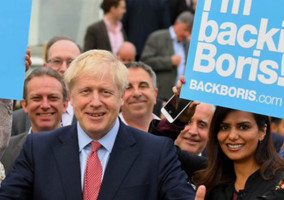Charity leaders have urged the chancellor of the exchequer to use the upcoming budget to increase funding to local government and provide details about the planned Shared Prosperity Fund.
Infrastructure and representative bodies including ACEVO, the Charity Finance Group (CFG), Lloyds Bank Foundation for England and Wales and NCVO have put forward four key proposals to the chancellor of the exchequer, Sajid Javid, ahead of the budget on 11 March.
The letter to the chancellor says: “Charities are working in an increasingly tough environment, not least the severe pressures on local authority funding hitting the people and places facing disadvantage the hardest. The ability of the sector to continue to help unlock the potential of all parts of the UK depends on providing them with the resources, and structures, to make it happen.”
The first proposal is that the government increases funding for local authorities, and reevaluates their longer-term financial sustainability. It says: “It is important that this additional funding takes the form of core government funding, rather than solely providing additional mechanisms for local authorities to raise revenue themselves.”
It adds that the £2.9bn increase in Local Government Core Spending Power alongside an additional £1bn for grants for adult and children’s social care announced at last year’s spending round were “welcome”, but that this will not reverse the cuts which councils have faced since 2010.
Secondly, it asks for further details about the UK Shared Prosperity Fund, “including the time period over which the £500m earmarked for disadvantaged people is spread, and the consultation on how the programme will be designed and delivered”. It adds that the funding provided should correspond to the levels of funding that the UK would have received from the 2021-27 EU spending round. It also asks for assurances that other smaller funds outside of ESIF and ERDF are appropriately replaced.
The third suggestion is to create a community wealth fund using money from dormant assets, “to create a long-term endowment for deprived communities that have not benefited from economic prosperity”. This would put local people in control of independent community services and valuable community spaces.
Lastly, leaders called on the government to work with charities to implement the recommendations of the independent Charity Tax Commission.
The list of signatures includes:
- Tony Armstrong, chief executive, Locality
- Margaret Bolton, director of policy, Local Trust
- Caron Bradshaw, chief executive, Charity Finance Group
- Vicky Browning, chief executive, ACEVO
- Kathy Evans, chief executive, Children England
- Paul Streets, chief executive, Lloyds Bank Foundation for England and Wales
- Karl Wilding, chief executive, NCVO
|
Related Articles












